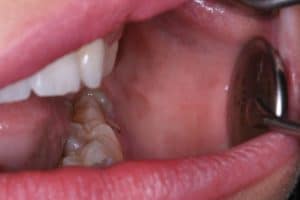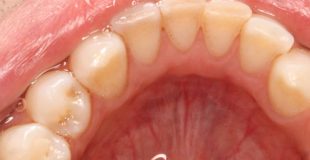Thorough Examinations
The Vital Role of Thorough Dental Examinations
Thorough dental examinations don’t just identify problems with your teeth. As well as leading to decisions on the best ways to look after your mouth, they are a crucial aid to your maintaining good general health. By prioritising regular dental examinations, you take proactive steps to preserve not only the health of your mouth but also to reduce your risk of serious health complications.
Maintaining good oral health goes beyond just brushing and flossing daily. Regular dental examinations are a cornerstone of a healthy lifestyle, contributing not only to the well-being of the mouth but also to overall general health. Thorough dental examinations play a pivotal role in identifying early signs of two critical conditions: mouth cancer and gum disease. Ignoring these dental diseases can have far-reaching consequences that extend beyond the mouth, impacting the body’s overall health.








